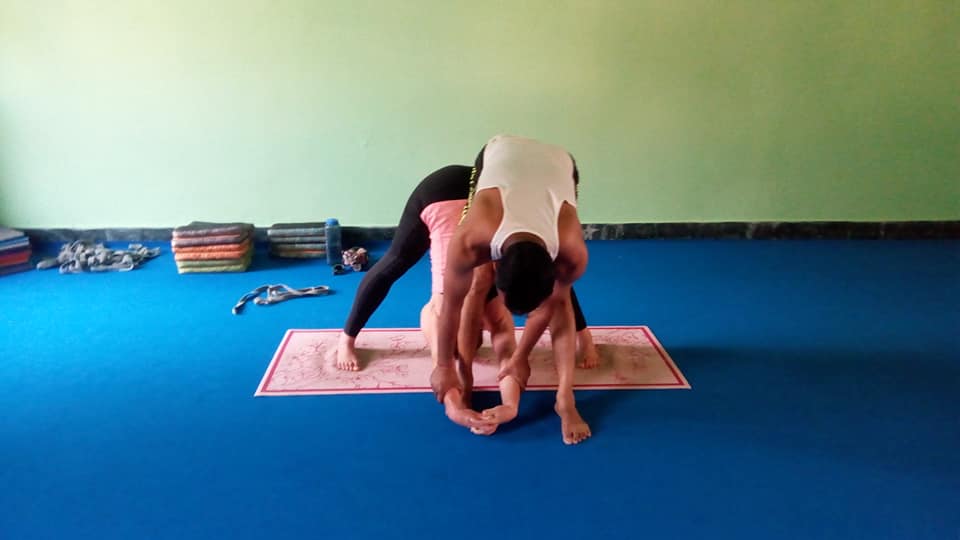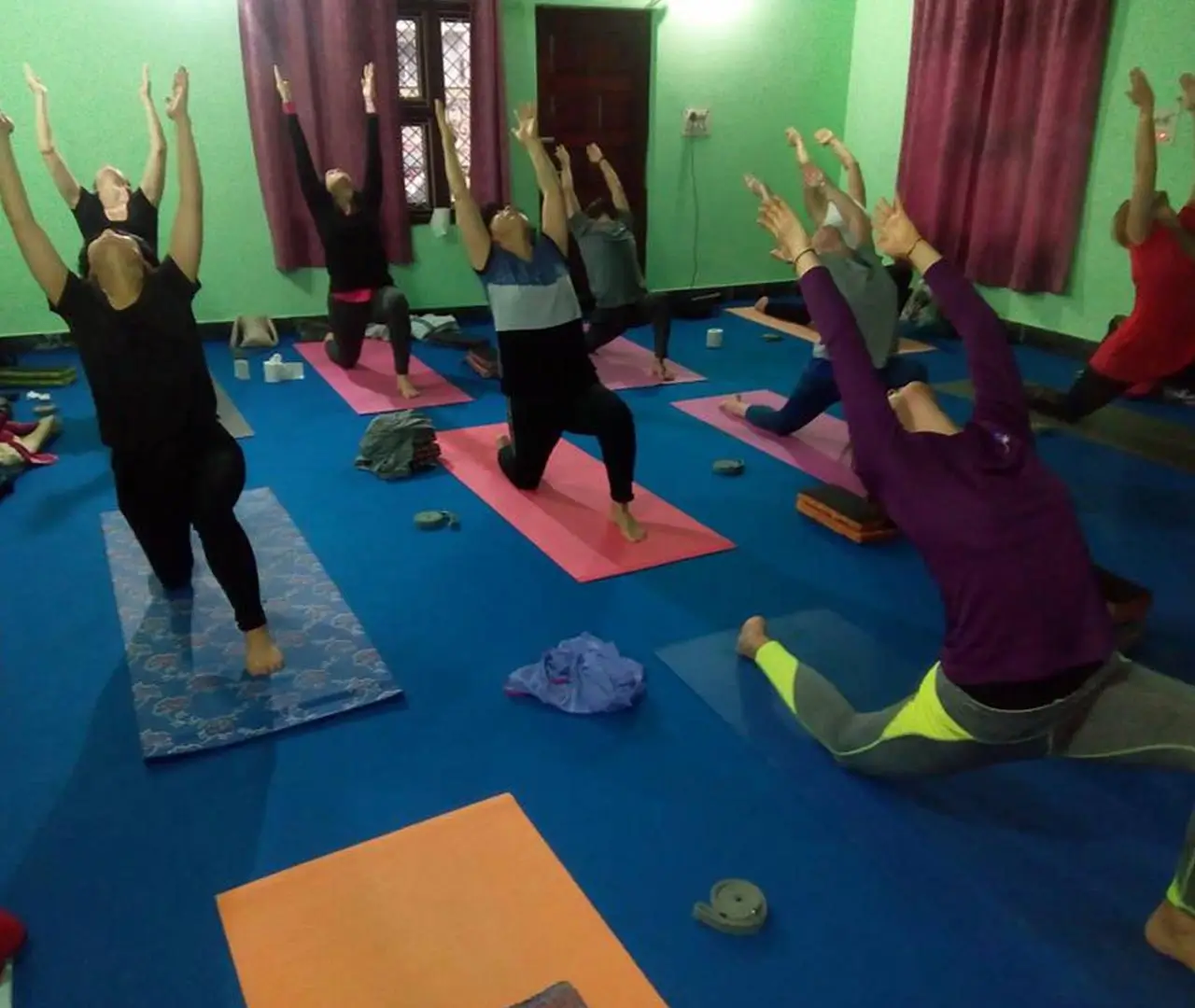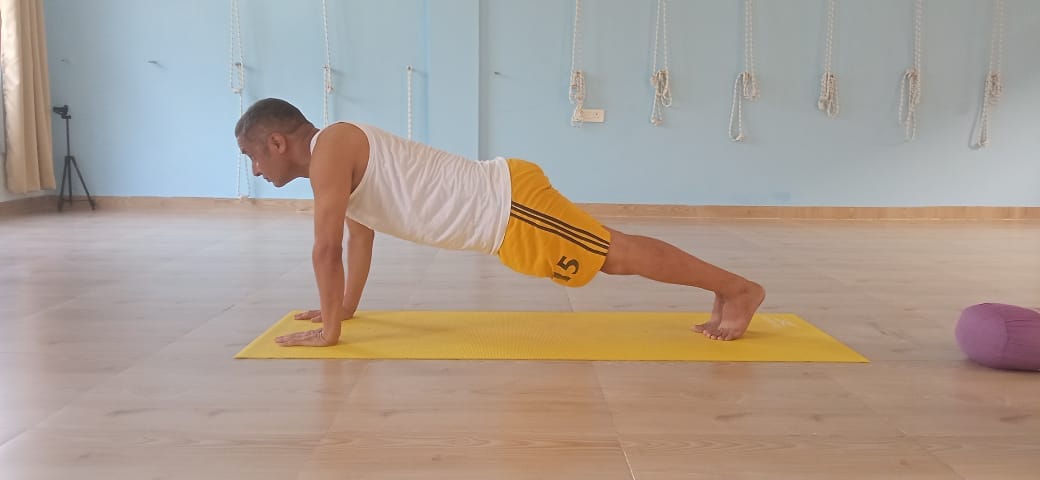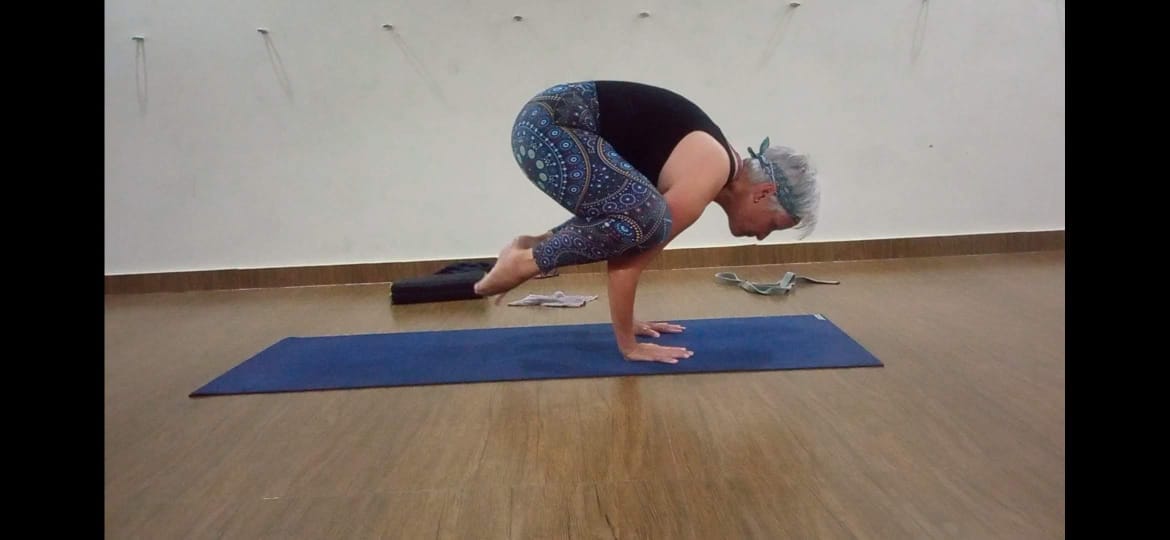In the contemporary fast-paced world, yoga has turned into a worldwide wellness movement. Yet below the serene postures and calm meditations lies an intense, old philosophy that’s grounded in the cultural and spiritual roots of India. Classical Indian yoga is more than a mere physical flexibility—it’s a holistic approach that’s meant to unite the mind, body, and soul and lead people towards inner peace and self-realization.
Whether you’re a curious seeker or someone considering enrolling in an affordable yoga teacher training in Rishikesh, understanding the roots and philosophy of Indian yoga will help you appreciate its true essence far beyond the mat.
Yoga: More Than Just Exercise
Contemporary yoga studios tend to focus on the asanas (bodily postures), which are only one aspect of the yogic process. Classical Indian yoga is rooted in an all-encompassing philosophy set forth in ancient works such as the Yoga Sutras of Patanjali, the Bhagavad Gita, and the different Upanishads. These works define yoga as a process leading to enlightenment, and not just physical well-being.
Yoga, derived from the Sanskrit word, implies “union” —the union of the personal self (Atman) with the universal consciousness (Brahman). The final aim of yoga is moksha, or release from the cycle of birth and death.

The Eight Limbs of Yoga (Ashtanga Yoga)
One of the most significant philosophical systems in classical Indian yoga is the Ashtanga Yoga system described by Patanjali in the Yoga Sutras. It contains eight limbs or stages:
Yama – Moral self-control (e.g., non-violence, truthfulness)
Niyama – Personal disciplines (e.g., cleanliness, self-study)
Asana – Physical postures to prepare the body for meditation
Pranayama – Breath control to regulate life force (prana)
Pratyahara – Withdrawal of the senses from external objects
Dharana – Concentration on a single point or idea
Dhyana – Meditation or uninterrupted flow of concentration
Samadhi – Complete absorption and spiritual enlightenment
These limbs are a step-by-step manual to spiritual development. If you’re going for an affordable yoga teacher training in Rishikesh, you’ll probably learn and practice these aspects as part of your course.
Yoga and the Bhagavad Gita
The Bhagavad Gita, another Indian philosophy and religious text, describes various paths of yoga:
Karma Yoga – The yoga of action, where selfless service purifies the heart.
Bhakti Yoga – The path of devotion and surrender to the Divine.
Jnana Yoga – The path of wisdom and self-inquiry.
Raja Yoga – The royal path involving meditation and mental discipline.
Each path caters to different personality types and temperaments, reinforcing that yoga is not a “one-size-fits-all” practice. In most teacher training programs, especially in Rishikesh, you’ll encounter elements of all these paths woven into your studies.
The Role of a Guru in Traditional Yoga
In Indian tradition, the guru or teacher holds a sacred place. Yoga isn’t just something you learn from books or apps—it’s passed down from master to student in a lineage that spans centuries. A guru doesn’t just teach you techniques; they help guide your spiritual evolution.
That’s why opting an affordable yoga teacher training in Rishikesh is about more than getting certified—it’s about becoming a student of someone who embodies the yogic way of life and can teach you from practice, not only theory but also the science behind it.
Why Rishikesh is the Heart of Traditional Yoga
Rishikesh, surrounded with Himalayan foothills and on the banks of India’s sacred Ganges River, is said to be the birthplace of yoga. Sages and seekers have visited this place for centuries to meditate, practice, and pursue truth. Now, Rishikesh provides a rare combination of old spiritual energy and new learning facilities.
Selecting an affordable yoga teacher training in Rishikesh enables students from across the globe to feel the reality of yoga in its native habitat—without financial burden. Numerous ashrams and yoga schools in Rishikesh provide top-notch training at a fraction of the cost elsewhere, without sacrificing quality or authenticity.
The Five Koshas: Understanding the Layers of Self
Indian philosophy of yoga also instructs that the human being consists of five koshas or sheaths:
Annamaya Kosha – Physical body (body made of food)
Pranamaya Kosha – Energy body (breath and life force)
Manomaya Kosha – Mental body (thoughts and emotions)
Vijnanamaya Kosha – Wisdom body (intuition and insight)
Anandamaya Kosha – Bliss body (core of joy and spiritual connection)
The traditional yoga techniques strive to cleanse and align all of these layers so that the practitioners can coexist with themselves and the world in harmony. Most of the yoga teacher training in Rishikesh incorporates these principles both theoretically and practically.
Living the Yoga Lifestyle
One of the main distinctions between contemporary and classical yoga is in how it’s applied beyond the mat. Classical Indian yoga is more than a one-hour practice; it’s a lifestyle. It encompasses:
1)Consuming sattvic (pure and balanced) food
2)Following regular sleep and waking cycles
3)Practicing silence and awareness
4)Living with compassion and intention
While enrolling themselves in affordable yoga teacher training in Rishikesh, learners usually stay in ashram-type lodging where the whole way of life is structured to enable yogic living. Having this fully immersive experience makes it simpler to apply yogic values to your daily life.
Affordable Yoga Teacher Training in Rishikesh: The Key to Genuine Learning
Atri Yoga Center believes that passion for yoga should never be overpowered by cost. We, therefore, provide affordable yoga teacher training in Rishikesh without compromising the educational quality, setting, or experience.
1)Our 200-hour YTT program consists of:
2)In-depth yoga philosophy study
3)Hands-on practice in Hatha and Ashtanga yoga
4)Anatomy and alignment sessions
5)Breathwork (Pranayama), Meditation, and Mantra chanting
6)Teaching methodology and hands-on experience
7)Certification recognized by Yoga Alliance
Conclusion: Yoga as a Journey, Not a Destination
Traditional Indian yoga is not a quick fix or a passing trend—it’s a lifelong journey toward self-awareness and spiritual freedom. Whether you’re stepping into yoga for the first time or looking to deepen your practice, understanding its philosophy will enrich your experience. Choosing an affordable yoga teacher training in Rishikesh isn’t just about cost-effectiveness—it’s about connecting with the roots of yoga in a place that has nurtured sages and seekers for centuries.
At Atri Yoga Center, we welcome you to take this transformative step in your journey. Let yoga not just change your body, but also your perspective, your habits, and your life.




